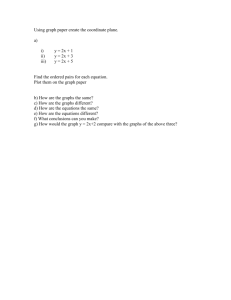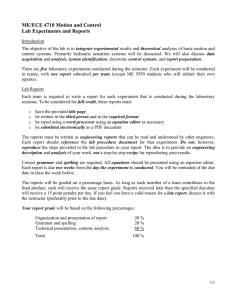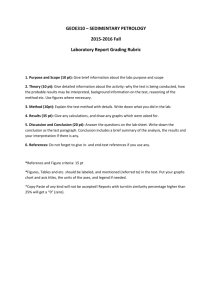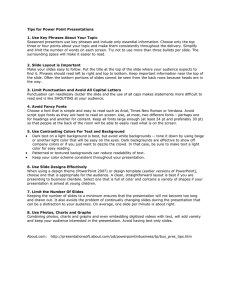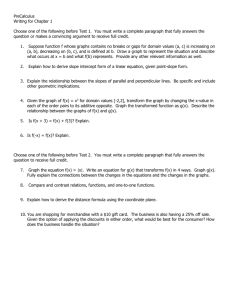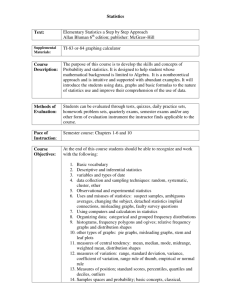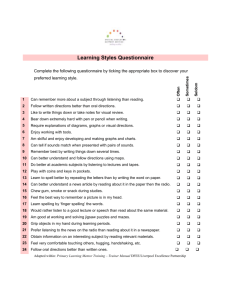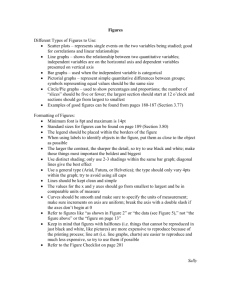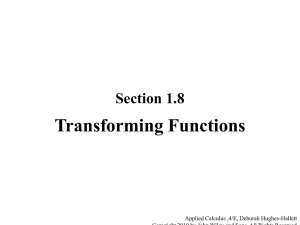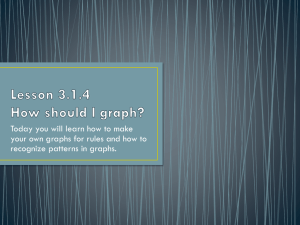Click Here to Read Tips of Good Presentation
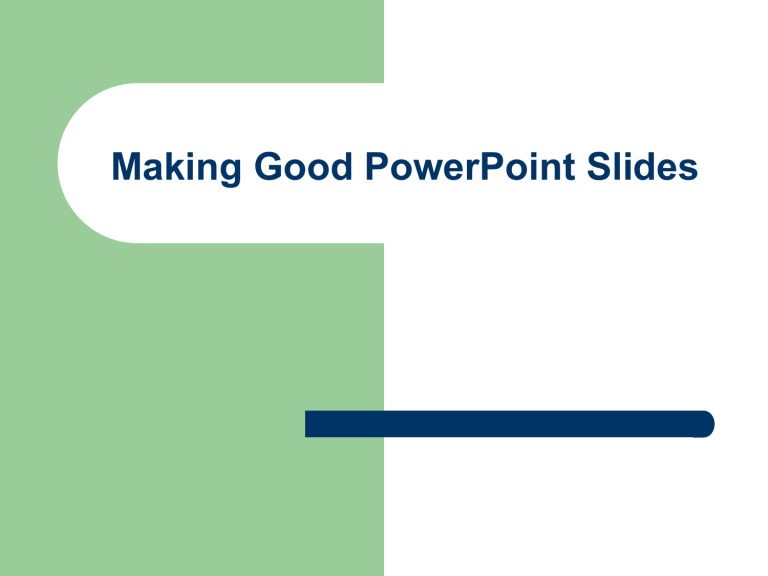
Making Good PowerPoint Slides
Points to be Covered
Outline
Slide Structure
Fonts
Color
Background
Graphs
Spelling and Grammar
Conclusions
Questions
Some details
FIRST SLIDE: PUT YOUR NAME AND
AFFILIATION, AND NAMES OF ALL GUIDES
AND THEIR AFFILIATIONS (DEPTS,
ORGANIZATIONS, etc.)
TIME FOR SYNOPSIS: 25 MIN + 5 MIN Q&A;
MAX 15 SLIDES (STRICTLY)
TIME FOR ABSTRACTS: 40 MIN + 10 MIN
Q&A; MAX 30 SLIDES (STRICTLY)
Outline
Make your 1 st slide an outline of your presentation
Follow the order of your outline
Only place main points on the outline slide
Slide Structure
Plan for about 1.5-2 minutes per slide in your presentation
Write in point form, not complete sentences, i.e., use key words and phrases
Not everything needs to be presented : choose material to be put on slides
Slides should be un-cluttered and use bullets
Fonts
Use 28-point (Caps) font-size for text and 32 point (Caps) for titles/headings
Use a standard font like Times New Roman or
Arial
Color
Use colors so that the text contrasts sharply with the background
Make a mock presentation and see your slides presented on a screen/wall ( and not on a computer screen only )
Background
Use backgrounds such as this one that are attractive but simple
Use backgrounds which are light
Use the same background consistently throughout your presentation
Graphs
Use graphs rather than charts and words
– Data in graphs is easier to comprehend and retain than is raw data
– Trends are easier to visualize in graphical form
Always title your graphs
Spelling and Grammar
Proof your slides for:
– spelling mistakes
–
– the use of repeated words grammatical errors you might have made
If English is not your first language, please have someone else check your presentation
REFERENCES: STYLE
(FULL INFORMATION NEEDED)
FOR RESEARCH PAPERS, USE:
Chiu, W. Y., Carratt, G. M. and Soong, D. S., A
Computer Model for the Gel Effect in Free-Radical
Polymerization, Macromolecules , 16 , 348-357
(1983).
FOR BOOKS, USE:
Beveridge, G. S. G. and Schechter, R. S.,
Optimization: Theory and Practice , New York:
McGraw-Hill, New York, 1970.
Conclusion
Use a conclusion slide to:
– Summarize the main points of your presentation
– Suggest future avenues of research
Questions??
End your presentation with a simple question slide to:
– Invite your audience to ask questions
– Provide a visual aid during question period
